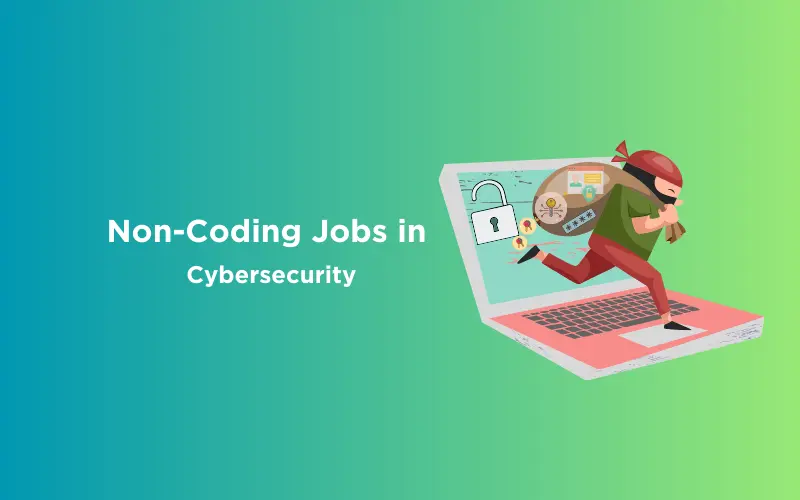
Non-Coding Jobs in Cybersecurity: A Comprehensive Guide
Mar 07, 2025 4 Min Read 19475 Views
(Last Updated)
In the rapidly evolving field of cybersecurity, there is a common misconception that coding skills are a prerequisite for success.
While it is true that certain cybersecurity roles require extensive coding knowledge, there are plenty of non-coding jobs within the industry that play a crucial role in protecting organizations from cyber threats.
In this comprehensive guide, we will explore the various non-coding jobs in cybersecurity, the skills required for each role, and how to pursue a career in this exciting field.
Table of contents
- The Importance of Non-Coding Jobs in Cybersecurity
- Top 11 Non-Coding Jobs in Cybersecurity
- Information Security Analyst
- Cyber Threat Intelligence Analyst
- Security Operations Center (SOC) Analyst
- Incident Response Analyst
- Compliance Officer
- Security Auditor
- Project Manager
- Security Risk Assessor
- Cybersecurity Sales Engineer
- Cybersecurity Consultant
- Cybersecurity Trainer or Educator
- Conclusion
- FAQs
- What is the easiest job in cybersecurity?
- Can a non-technical person get into cybersecurity?
- Which is easy AI or cybersecurity?
- Is cybersecurity a tough job?
The Importance of Non-Coding Jobs in Cybersecurity
Cybersecurity is a multifaceted discipline that encompasses a wide range of roles, each contributing to the overall security posture of an organization.
While coding skills are undoubtedly valuable, non-coding jobs are equally essential in identifying vulnerabilities, implementing security measures, and responding to incidents.
These roles often require a deep understanding of cybersecurity principles, strong analytical skills, and the ability to think strategically.
Also Read: Is coding required for cybersecurity?
Accelerate your Professional Future with GUVI’s Career Programs. Upskill by learning in your preferred native language, earn certifications, & excel with placement assistance.
Top 11 Non-Coding Jobs in Cybersecurity
Now that we’ve discussed their importance, let’s get down to discussing the actual roles and what each of them entails for you:
1. Information Security Analyst
One of the most prominent non-coding roles in cybersecurity is that of an Information Security Analyst. These professionals are responsible for protecting sensitive information and critical systems within an organization.
They play a crucial role in monitoring threats, identifying vulnerabilities, and implementing security controls to mitigate risks, so it’s a no-brainer that this role tops our list of non-coding jobs in cybersecurity.
While coding skills are not typically required for this role, a solid understanding of cybersecurity principles, risk management, and security frameworks is essential.
Salary: ₹5LPA to ₹11LPA
2. Cyber Threat Intelligence Analyst
As the cyber threat landscape continues to evolve, organizations rely on Cyber Threat Intelligence Analysts to stay one step ahead of potential attacks.
These professionals are responsible for analyzing incoming threats, conducting extensive research, and providing actionable intelligence to protect an organization’s data.
Salary: ₹13LPA to ₹28LPA
3. Security Operations Center (SOC) Analyst
In a Security Operations Center, analysts play a critical role in monitoring, analyzing, and responding to security threats in real-time. Their primary objective is to prevent attacks on a network and ensure the overall security of an organization.
While basic coding skills may be advantageous for a SOC analyst, the role typically relies on pre-built software and technology to identify threats and hence is a great pick amongst the non-coding jobs in cybersecurity.
Strong analytical skills, attention to detail, and the ability to work under pressure are essential for success in this role.
Salary: ₹4.5LPA to ₹15LPA
4. Incident Response Analyst
When a cybersecurity incident occurs, Incident Response Analysts step in to analyze the breach, minimize damage, and prevent future incidents.
These professionals play a crucial role in identifying vulnerabilities, investigating security breaches, and developing strategies to mitigate risks.
While coding skills are not necessarily required for this role, a solid understanding of cybersecurity principles, incident response methodologies, and the ability to think on your feet are crucial.
Salary: ₹5.7LPA to ₹30.8LPA
5. Compliance Officer
Ensuring that an organization’s computer systems and networks are secure and compliant with government and industry regulations is the primary responsibility of a Compliance Officer.
These professionals work closely with legal and regulatory teams to ensure that security practices align with current laws and standards.
While coding skills may not be a strict requirement for this role, a strong understanding of cybersecurity regulations, and industry best practices, and the ability to navigate complex compliance frameworks are essential.
Salary: ₹15.5LPA to ₹40LPA
6. Security Auditor
Security Auditors play a vital role in assessing an organization’s security controls and practices. They collaborate with IT departments to identify vulnerabilities, evaluate security protocols, and ensure compliance with regulations.
While coding skills may not be necessary for this role, a comprehensive understanding of cybersecurity laws, regulations, and current best practices is essential.
Security Auditors measure the effectiveness of security programs and provide recommendations for improvement.
Salary: ₹5.2LPA to ₹31.8LPA
7. Project Manager
In cybersecurity projects, a Project Manager’s primary responsibility is to oversee teams of software developers, analysts, and programmers.
They ensure that projects are completed within budget and on schedule, without necessarily being involved in the technical aspects of coding.
Salary: ₹28LPA to ₹37LPA
8. Security Risk Assessor
Security Risk Assessors are responsible for evaluating an application’s security controls and identifying potential vulnerabilities. They work closely with development teams to ensure that security measures are implemented effectively.
While coding skills may not be a strict requirement, a comprehensive understanding of security frameworks, risk assessment methodologies, and the ability to identify potential threats is crucial.
Salary: ₹6PA to ₹10LPA
9. Cybersecurity Sales Engineer
In the realm of cybersecurity sales, Sales Engineers play a vital role in bridging the gap between technical expertise and business requirements.
These professionals work closely with clients to understand their cybersecurity needs, provide technical solutions, and support the sales process.
While coding skills may not be a strict requirement for this role, a strong technical background, excellent communication skills, and the ability to understand complex cybersecurity solutions are essential.
Salary: ₹12LPA to ₹24LPA
10. Cybersecurity Consultant
As a Cybersecurity Consultant, your role is to provide expert advice and guidance to organizations seeking to enhance their security posture.
Consultants work closely with clients to assess security risks, develop strategies, and implement effective security measures.
Salary: ₹11.2LPA to ₹25LPA
11. Cybersecurity Trainer or Educator
As the demand for cybersecurity professionals continues to grow, so does the need for qualified trainers and educators.
These professionals play a crucial role in preparing the next generation of cybersecurity experts by delivering training programs, developing educational materials, and staying up to date with the latest industry trends.
While coding skills may not be necessary for this role, a deep understanding of cybersecurity concepts, excellent presentation skills, and the ability to communicate complex topics effectively are crucial.
Salary: ₹2.8LPA to ₹9.2LPA
Also Read: The Ultimate Cybersecurity Roadmap for Beginners
Conclusion
In conclusion, while coding skills are valuable in certain cybersecurity roles, there is a wide range of non-coding jobs that are equally important in protecting organizations from cyber threats.
The domain of Cybersecurity hasn’t even peaked and a testament to that is how India currently has more than 40,000 Cyber Security openings and a sheer lack of skilled professionals.
Remember, if you’re interested in pursuing a career in cybersecurity, it’s important to acquire the necessary skills and knowledge, and nobody does ‘upskilling’ better than us at GUVI, so do check out our highly accredited cybersecurity course.
With a focus on real-world applications and industry-relevant certifications, this program will set you on the path to a successful and fulfilling career in cybersecurity.
FAQs
Well, it usually depends on your personal skills and interests, but entry-level positions such as cybersecurity analyst or IT support can be good starting points.
Yes, non-technical individuals can enter cybersecurity through roles such as policy analysts, risk assessors, or compliance specialists. Developing a foundational understanding of cybersecurity concepts is crucial though.
Both AI and cybersecurity have unique challenges. AI involves complex algorithms and programming, while cybersecurity demands a deep understanding of evolving threats and defensive strategies. So whilst we can’t really pick the easier one, we can help you master both!
Cybersecurity can be challenging due to the constantly evolving nature of cyber threats. It requires continuous learning and adaptation. However, with dedication and ongoing education, and experts like ours you can build a successful career in cybersecurity.

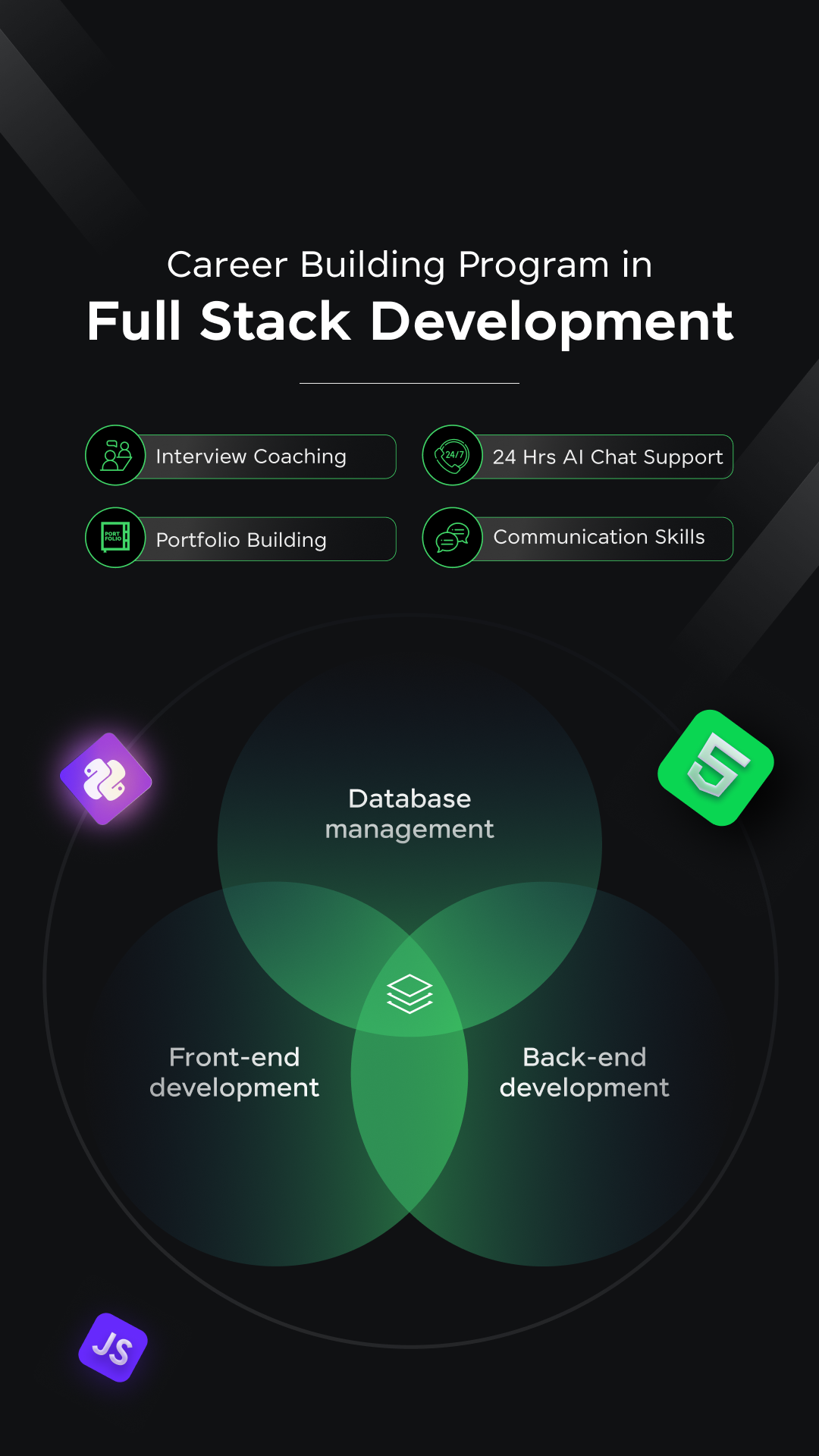



















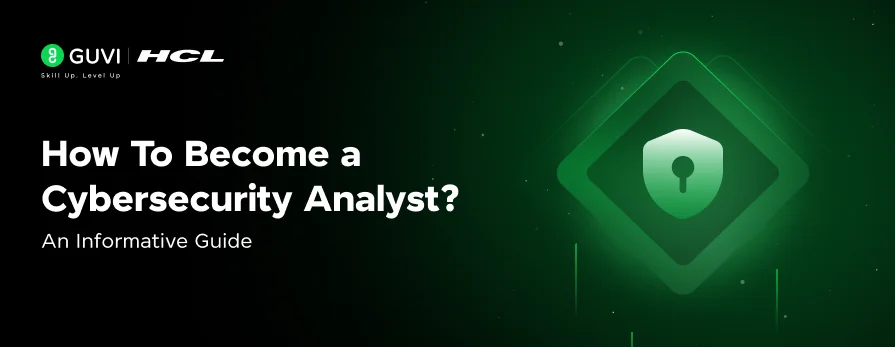
![How to Become a Security Architect: A Beginner's Guide [2025] 3 security architect](https://www.guvi.in/blog/wp-content/uploads/2025/05/How-to-Become-a-Systems-Engineer_-Expert-Guide-for-Beginners.png)

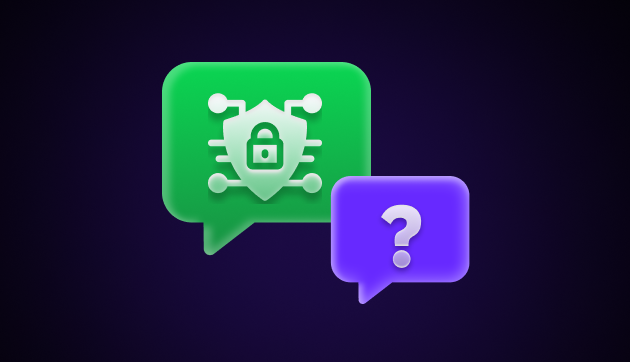
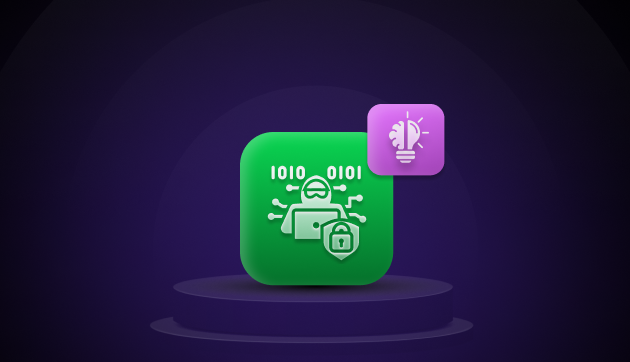

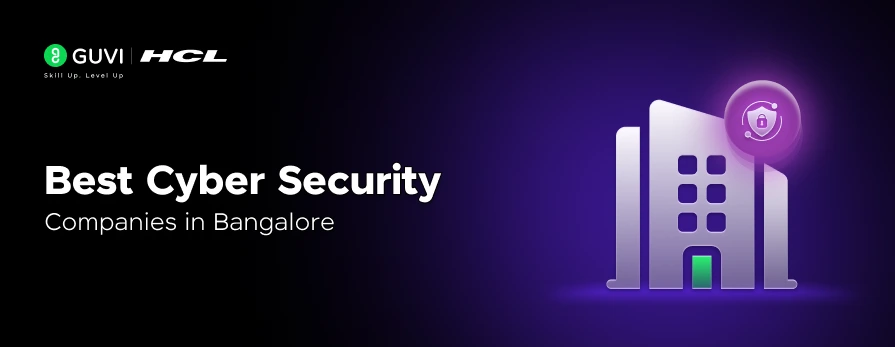
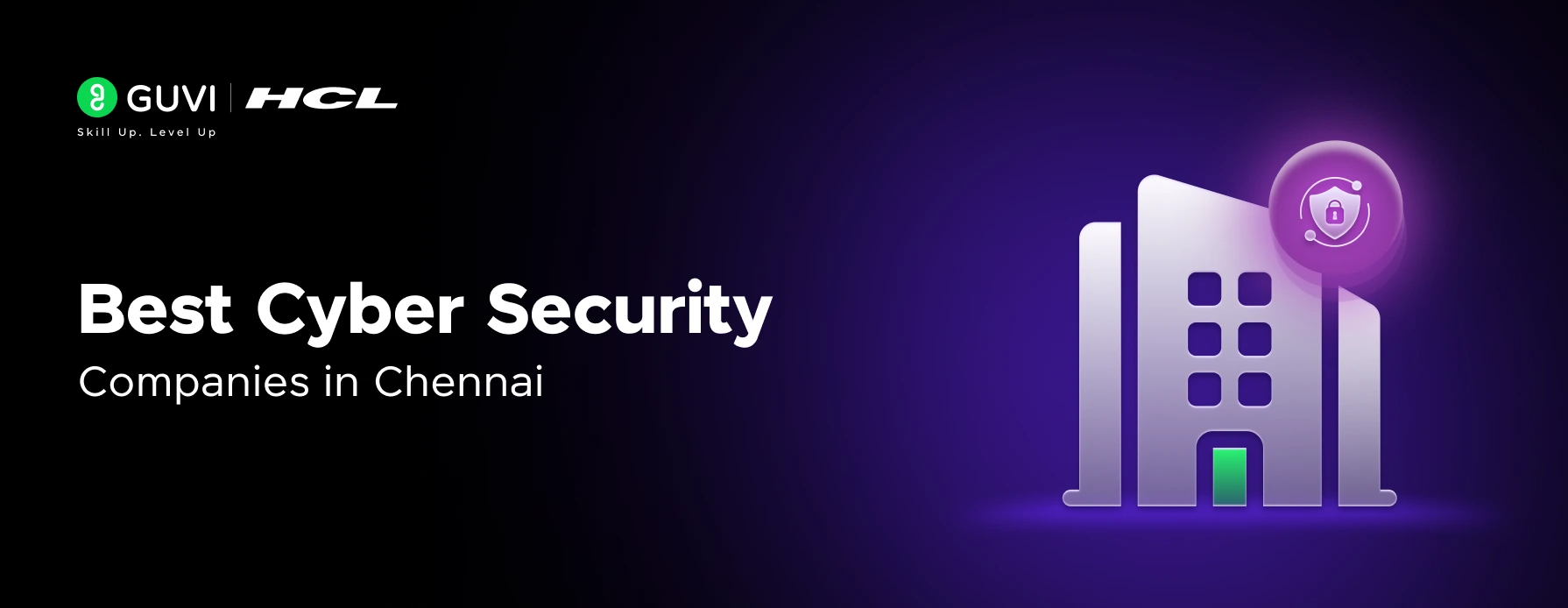

Very easy to understand and tells us everything we need to know.